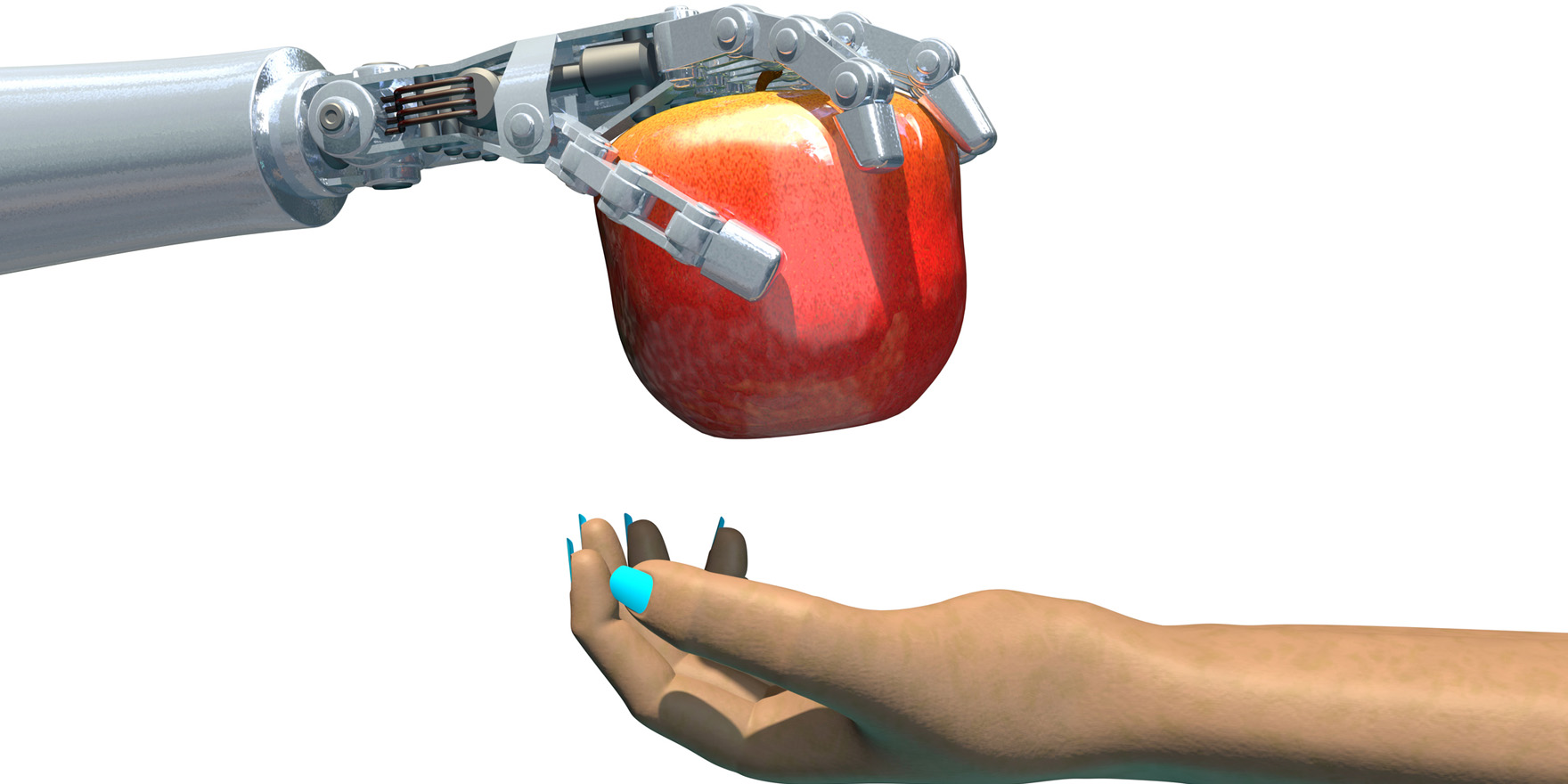Will AI entirely replace physicians? Of course not, writes Dr Michael Breen
At the ATC in Melbourne a few weeks ago one senior and very respected doctor commented that “ any doctor who can be replaced by artificial intelligence deserves to be replaced”. It might not be that simple, as Dr Michael Breen explains in a recent blog.
When my children were growing up, I advised them, “Don’t choose any profession in which your worth is determined by knowing a body of information or using algorithmic thinking. If you do that, you’re toast.”
Toast because monopolies on information have been supplanted by the internet; algorithmic thinking replaced by computers and artificial intelligence. Incredibly this seismic shift in what society values (and doesn’t value) has occurred in just a single generation.
And that’s put a generation of physicians in a terrible bind.
An MD/MBA friend who’s now a consultant put it this way. “Michael,” he asked me, “ten years from now who do you think is more likely to have a job? The doctor…or the doctor’s receptionist?”
His point is that the receptionist’s skills can’t be replaced by technology (yet). That person has to smile warmly, put you at ease, and politely but pointedly ask you for your co-payment or overdue bill. We medical types often minimize such “people” skills as commonplace, unearned, and of little value (perhaps because we too often lack them.)
What’s more, we disliked asking people directly for money. We gratefully relegated that role to hospitals and insurers (who ultimately used that power to relegate us to employees.)
I mention all this because in recent months technology’s onslaught on physicians seems to have become even more dizzying. Consider the following:
First, the threat to medicine’s image specialists: radiologists, dermatologists, and pathologists. This April Google announced their AI algorithms outperformed experienced pathologists at identifying slides with malignant breast cancers. In March Zurich researchers revealed their software outperformed radiologists in evaluating routine mammograms. Finally, in January a Stanford AI program beat pathologists in differentiating cancerous from harmless moles.
In each case researchers (and jubilant investors) carefully added these programs would ultimately “complement” rather than replace their human counterparts. Right.
Another endangered specialty: psychiatry. (A specialty already teetering: the average age of psychiatrists is sixty.) A Boston company, SilverCloud, has developed a software program that allows therapists to treat up to six times as many patients. Depressed patients interact with the program several times a week. The digital “therapist” asks about their symptoms and, if appropriate, treats the patient with cognitive behavioral therapy interventions.
The upshot is therapists don’t waste session time collecting data, patients see their therapists less often, and long-term results equal traditional therapy. Similar programs are being designed for bipolar illness, anxiety, and other common disorders.
Primary care practitioners face their own challenges. As I’ve chronicled elsewhere, their patients are migrating to nurse practitioners. The NEJM claims NPs can handle 50-70% of primary care visits as effectively as PCPs. (This is especially true as treadmill running PCPs increasingly play the less nuanced role of “routers” to various specialists.)
Also ominous: In February IBM’s Watson gained its first toehold in AI’s challenge to PCPs. Watson will be incorporated into the EMRs of 675,000 patients at Boston’s Atrius Health. In the words of an Atrius executive Watson will “draw broader insights on a certain treatment strategy.” Combined with that vague language was the familiar reassurance AI would only “complement” PCPs. It doesn’t bode well.
I could keep going: orthopedic surgeons face stem cell and other less invasive therapies, colonoscopists will ultimately be displaced by “camera pills,” routine primary care visits for allergies, cholesterols, strep throats, UTIs, and thyroid levels will be done with new home testing kits.
Will such developments entirely replace physicians? Of course not. (As I told my consulting friend, “No robot’s about to do surgery on me anytime soon.”)
We’ll always need physicians, but progressively less of them. And the laws of supply and demand will progressively tighten the stranglehold business has on physicians.
As society replaces humans with technology, those whose financial worth depends on “soft skills” have a temporary reprieve. But physicians are low-hanging fruit.
Dr Michael Breen is a physician who now heads a marketing firm. He can be reached at Dr. Michael Breen Associates.


